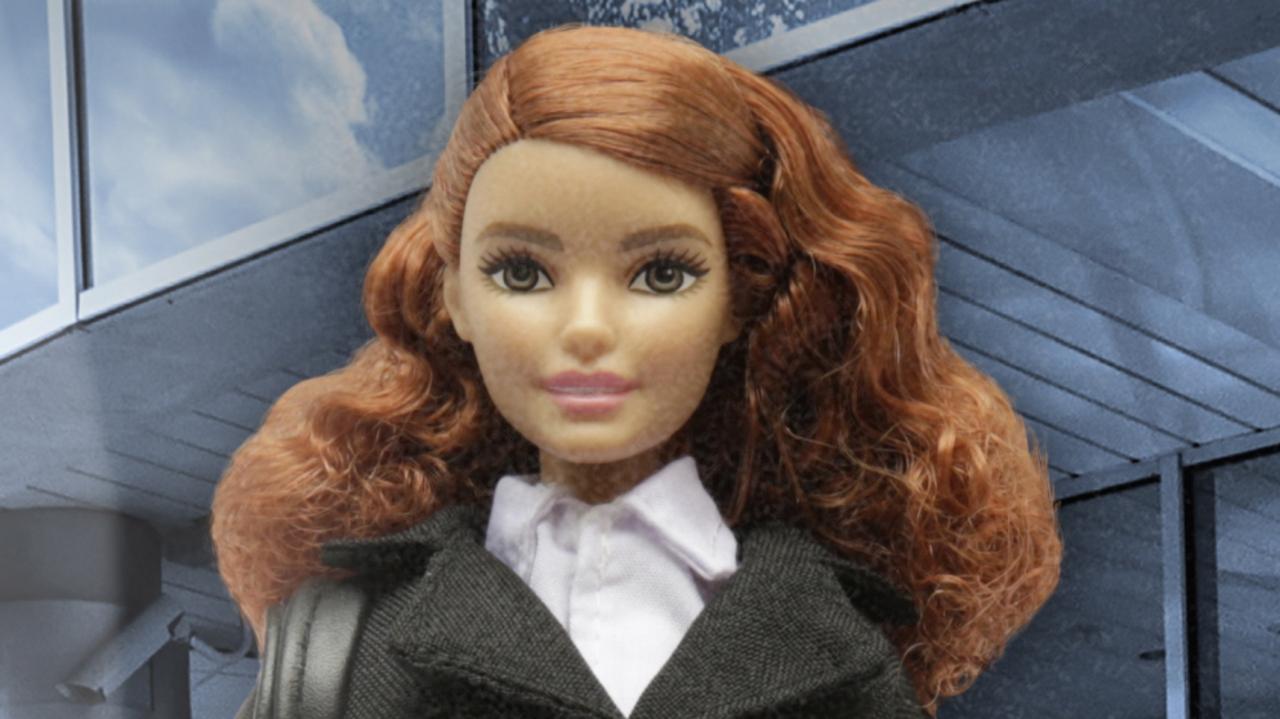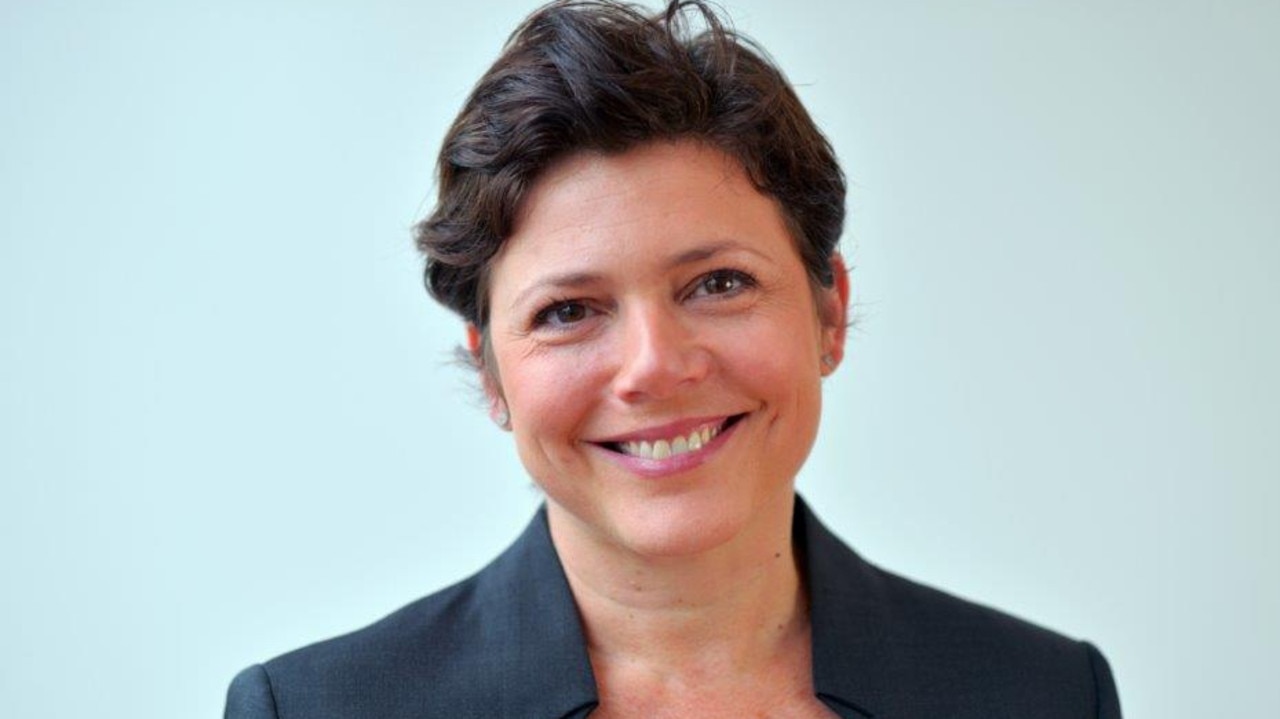Wendy Tuohy: Don’t blame Brighton terrorist’s mother
EVERYONE wants to know how a terrorist is created. But turning the blame on the mother of Brighton gunman Yacqub Khayre is not OK, writes Wendy Tuohy.

Wendy Tuohy
Don't miss out on the headlines from Wendy Tuohy. Followed categories will be added to My News.
- Brighton victim’s mum: ‘My world has ended’
- Violent sequel to too-soft justice
- Twisted quest of a coward
WHEN a child commits a heinous crime it is not only the life of their victim and their loved-ones (and their own life) that is trashed: in most cases their parents are also victims.
Consider the mother of terrorist Yacqub Khayre, with whom the ‘Brighton killer’ lived in a home owned by a leader in their Somali community, Dr Hussein Haraco.
“I know the mother very well, not Khayre actually, but I know the mother very well and she’s a very good person,” the Somali Australian Council of Victoria secretary told media.
“She’s a very strong woman who raised the children without their father.”
According to media reports, she has had to flee the home she shared with her violent, drug-abusing son as she was too distressed to remain there.

It is not the first home she has had to flee. Reports indicate she sent her then seven-year-old young son Yacqub from the war-torn hellhole of Mogadishu the relative safety of Kenyan refugee camps, and finally to Australia, with his grandparents.
She and Yacqub’s father reportedly followed them here.
Yacqub Khayre’s father is nowhere to be seen in reports so far, other than a reference to Khayre having actively rejected his parents’ attempts to give him a “conservative, traditional, and strict” upbringing.
As is often the case when an attack on the community happens, people around the perpetrator are saying they are “shocked” he became a killer.
And as is often the case, some are singling out the parent and asking why and how they produced a son who did do this?
In the past, some people have even called for the parents of young criminals to be legally punished or made to pay.



Perhaps if the child has inherited the shoddy values of a crime dynasty, this question of parental fault would be meaningful.
If someone was raised in a home with a parallel set of values to those the community holds dear, then maybe it would be fair enough that the blowtorch be turned on the parents for enabling a danger to the rest of us.
But all the reporting here suggests family did their best to contain and control a young man whose self-destructive and violent impulses were not to be tamed, in part due to his serial meth use.

We’re told his life went off course after his grandfather died. Since the age of 16, Yacqub Khayre spent more time in justice institutions than he did out of them.
You can only imagine the suffering of a parent watching the slow-motion car crash of a son she tried to get out of mortal danger in strife-ridden country only to see him destroy himself in a blessed haven like Australia.
Of course we all want answers as to why and how a Yacqub Khayre is created.
Unless direct evidence is produced to the contrary, it is highly unwise, even irresponsible, to turn the guns on Khayre’s mother.
Any good parent of a child who has “gone bad” despite their efforts, struggles and dedication could tell you how much justice there really is in that.


